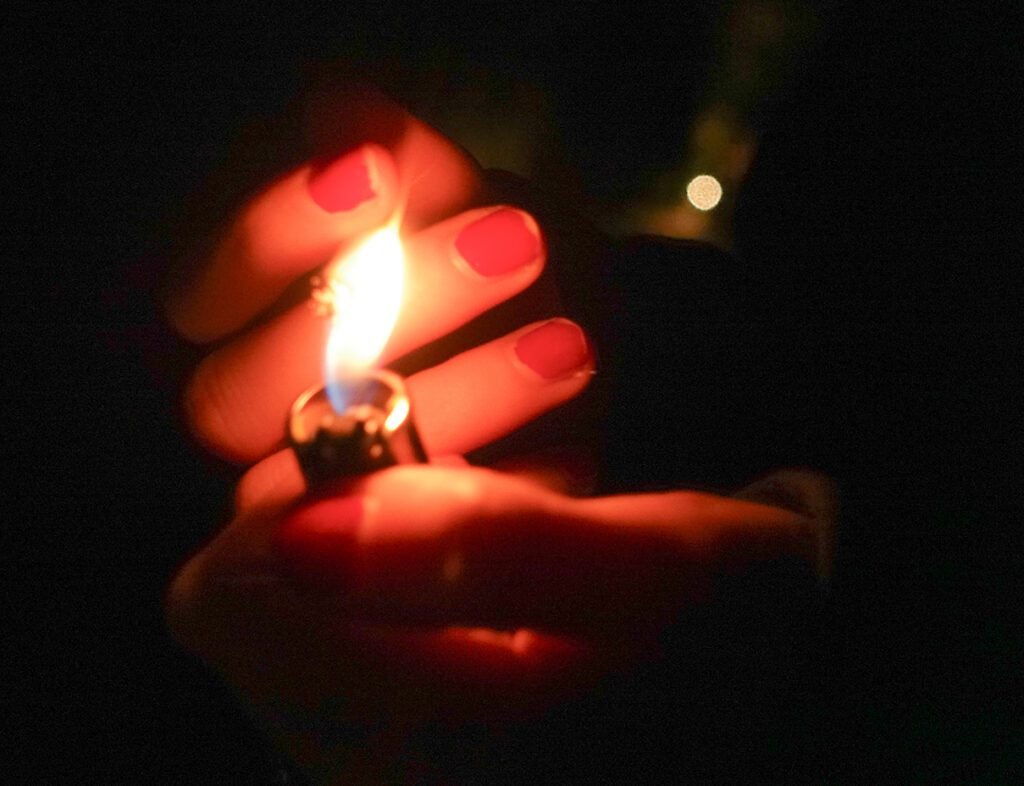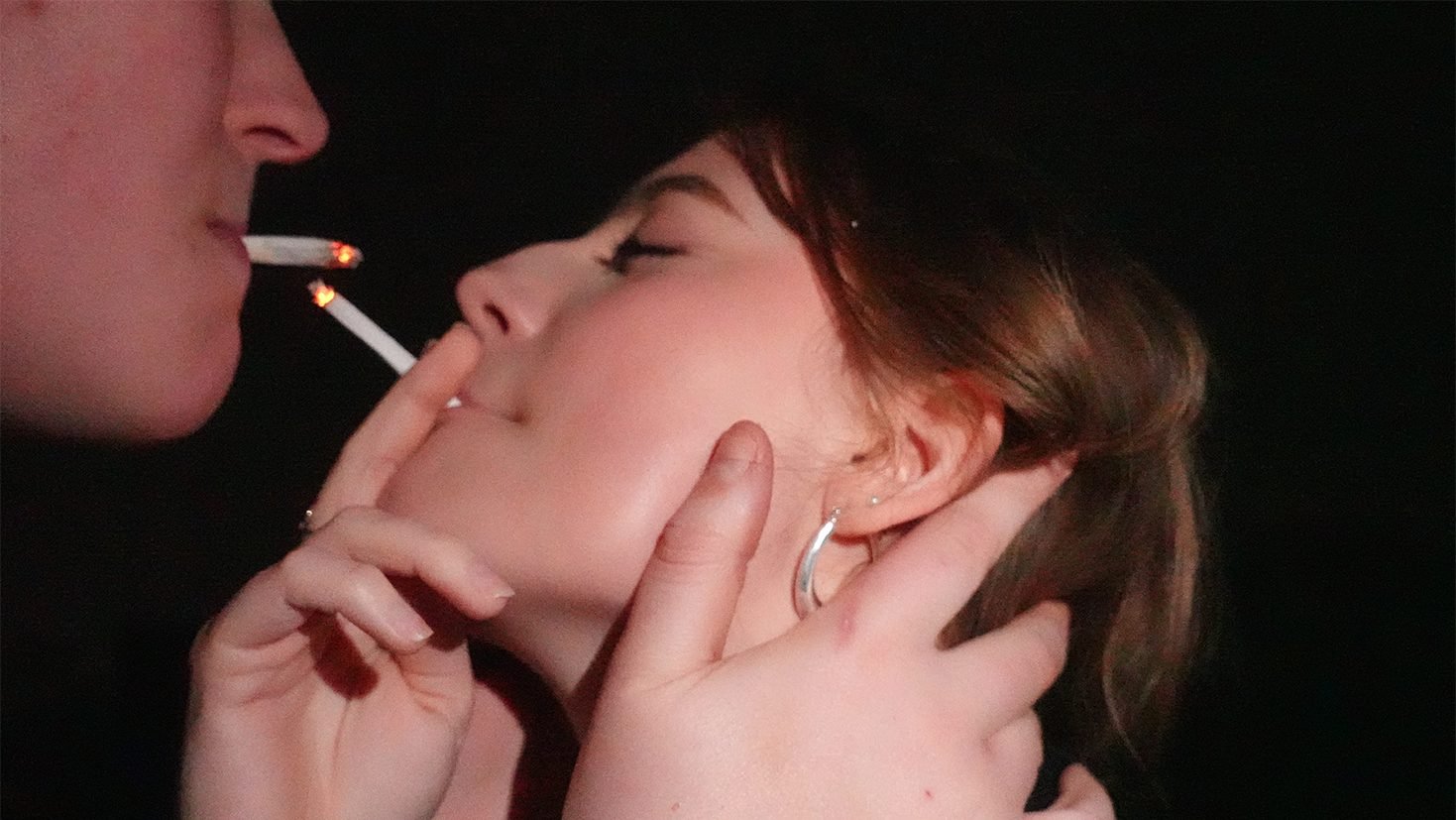I was successfully avoiding an official breakup but emotionally I was already enduring the worst of what a split would entail
“I’ve always been jealous of how much you love Luke,” my best friend told me recently. She was referring posthumously to my relationship of five years. As a witness to our meeting as silly freshers, she was thrilled (I’m sure) to have shared a bedroom wall during our happiest years. She was the first person I called when he said he couldn’t stomach London any longer and moved back to the countryside. Then, she held me as I sobbed two years later, following the long and slow demise of the long-distance relationship.
The love she described led me to wistfully ignore the red flags. I belligerently denied and bargained against any sign of Luke’s waning commitment to our partnership until I’d utterly lost myself.
I write here about myself as a heterosexual woman and the end of my long term long distance relationship with a heterosexual man. Though I can’t be sure, these experiences aren’t confined to this type of dynamic. Read on for the five signs I overlooked that should have told me it was time to walk away.
1. How are you and Luke doing?
‘How’s Luke?’ – a question I’d wait with bated breath to be asked. Initially, it was because of my abhorrent smugness. Yes, a chance to gloat about the success of my university-born love affair, I’d think. I knew no one wanted to hear from the overly satisfied friend but I couldn’t help it. Over time this became a query I’d deflect. I couldn’t bear to tell friends, now in happy relationships themselves, about the shocking state of my once perfect partnership. Two hundred miles apart, he and I spent hours on the phone rehashing the same argument. I cried about his lack of effort and he despaired at my perpetual state of misery.
2. Yes, you can hold my hand if you want to
I learnt about “bids” for attention, a term not invented by TikTok but by the actual relationship experts at The Gottman Institute. It refers to one partner reaching out to the other, expressing their need for interest, conversation, and attention. The partner’s response determines the ultimate success of the relationship (pretty intense). With this and the declining state of our relationship in mind, my every handhold, every kiss, and every attempt at initiating became a chance to test my boyfriend.
I should have asked myself: am I trying to hold his hand because I want to express my love, or am I anxiously scrutinising his reaction?
Testing my waterproof mascara on public transport should have been an unmissable sign that my relationship was flatlining
3. Crying on the tube

Testing my waterproof mascara on public transport should have been an unmissable sign that my relationship was flatlining. Yet, I attempted to redirect the blame to anything else, most obviously myself, my bad temperament, my hysterical emotions, my time of the month.
Finding myself surrounded by concerned passengers, and no longer able to suppress my physical reaction to the death-rattled breathing of my love story was a clear sign to re-evaluate. What was I clinging to?
4. It’s not you. It’s me
Being starved of love in any dynamic makes you question what is it about you that is undeserving. Am I not interesting enough? Do I talk too much? How do I become a better conversationalist? Does he wish he was with someone else? Could I be her?
The longer I allowed this to continue, the more it bled into my interactions with others. Friends, new and old. Family. Colleagues. Strangers. I started to believe that everyone agreed with the worst view of myself, a view perpetuated by the regular rejection I was experiencing.
5. Flirting is harmless
It is hard to admit, but important to say that I began looking for attention elsewhere because I felt dismissed by my boyfriend. Was it a mature response? Was it morally correct? The jury’s out. (I say as someone who supports women’s rights and women’s wrongs.)
Being consistently overlooked by the person I loved most in the world enacted an unparalleled maddening. If maturity had prevailed, I would have realised that I was pursuing interactions with other people as a way to gain what I felt I was missing from my partner; alas, it took some time for the penny to drop.
I was successfully avoiding an official breakup but emotionally I was already enduring the worst of what a split would entail. It was like attempting to hold on to a fistful of dry sand. The relationship was coming to an end, no matter how hard I tried to convince myself otherwise.
The straw that broke the camel’s back came unexpectedly. “Do you want to be together?” I asked on a rail replacement bus. The voice on the other end of the phone answered: “I do sometimes and sometimes I don’t.” His sad admission came as no surprise. It was finally time to let go.
